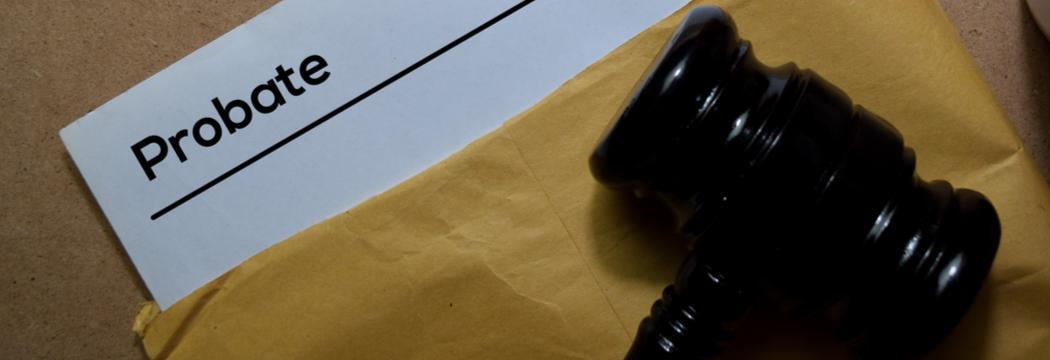What is a probate lawyer? Quite simply, they are attorneys who specialize in helping individuals deal with the various aspects of their estates-placing it into trust, creating will, etc. Generally speaking, probates lawyers, also known as estate or legal lawyers, assist administrators of an estate (or executors if there’s no valid will). They may also assist with living trusts or administer wills. In short, any person who has completed the tasks associated with dying can use probate to liquidate assets and divide the property according to the wishes of the decedent.
Anyone who has to deal with the dissolution of an estate can benefit from the assistance of a probate lawyer. There are many types of probate law available, including simple wills and durable power of attorney. However, one type of law tends to be especially complex and difficult for a younger relative to understand. Revocable oratory wills are one example. These will generally take the form of power of attorney documents that grant another individual, called the beneficiary, the right to make certain financial decisions regarding an estate, like spending it, for example.
Will power rarely exist in a pure state, meaning that there is not a clearly defined owner or controller of a particular asset. This is because wills are not the product of human wisdom, but rather a result of wills and estate planning lawyers melbourne decisions made by the people who must sign the document. Because of this, there are often murky lines of responsibilities and expectations between the person who dictates the will and the individuals who will actually be affected by the document. For example, it is quite common for the person who dictates his or her will to be one who is known as the executor, who is essentially the legal representative of the deceased person. Often, the executor is one who is closely connected to the person who died, as is the case in the situation of parents who pass away.
In short, the will is not really designed to make certain that all beneficiaries receive what they are entitled to, but rather leave it up to those who inherit it to decide how their inheritance will be distributed. Therefore, the question of who receives what after a probated estate arises is not one that can be easily answered. A probate lawyer is more like a general practitioner who can help anyone with the intricacies and complexities of probates. They can handle all types of cases, including settlements and wills. Some will work exclusively for one party or another, while others will work solely on their client’s behalf.
There are many things that must be considered when one considers taking on the role of an executor. Many will choose to do so to help pay off debts that accrued during the person’s lifetime. Others will simply desire to be paid what is rightfully theirs to receive after their death. Still others may feel strongly that they should have received an income from their work during their life, and wish to be compensated accordingly. It is important to know what is expected of you when you take on this aspect of probate law. The best way to do this is by consulting with a qualified probate lawyer.
While it is always necessary to hire a probate lawyer when dealing with probates, there are also certain situations where a lay person would not be able to serve well. In the case of a will, for example, there are laws that govern who can sign it, how it must be prepared and the manner in which it must be dispersed. A will must always be prepared accurately and entirely for whatever happens to it after its issuance. A person without any legal training might not be adequately prepared to deal with these issues.
Estates can also be handled by probate lawyers. An estate is any property that was acquired during the person’s life and at the time their estate was created. These include real property, financial assets like retirement plans or 401(k), clothing, jewelry, and other personal items. It also includes bank accounts, financial accounts and bonds, as well as insurance policies that were held during the person’s lifetime. The family members of deceased people must divide the assets among themselves to avoid probate issues.
When an estate has already been established, it becomes the responsibility of the probate lawyer to divide the assets amongst the decedent’s family members. They are then responsible for distributing the assets in a manner that does not leave anyone out. If the decedent had no children, then all assets would go to the surviving children. If there are children, the assets are split among them based on who they are closest to.
